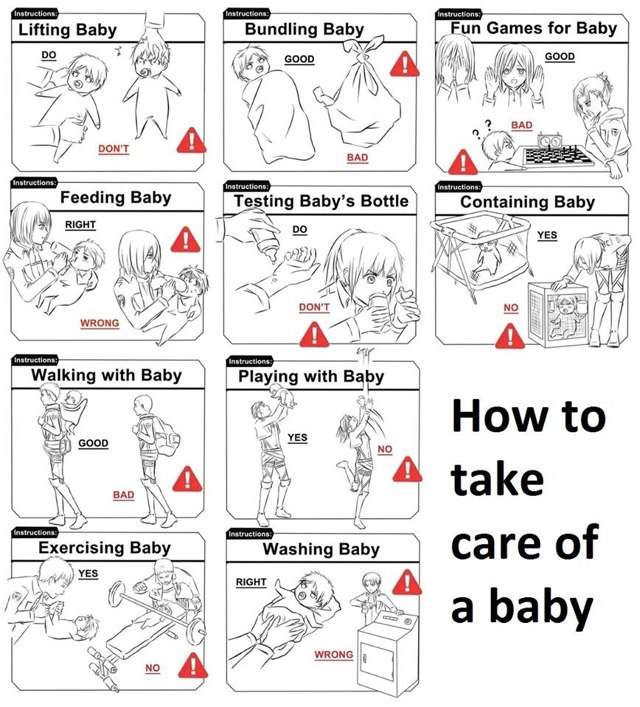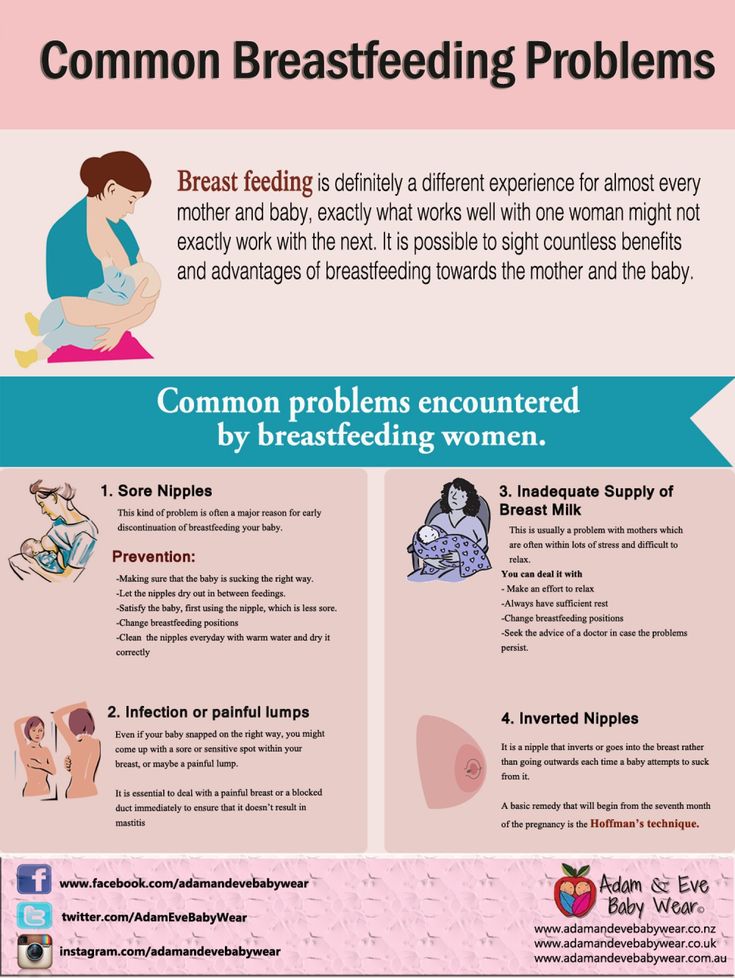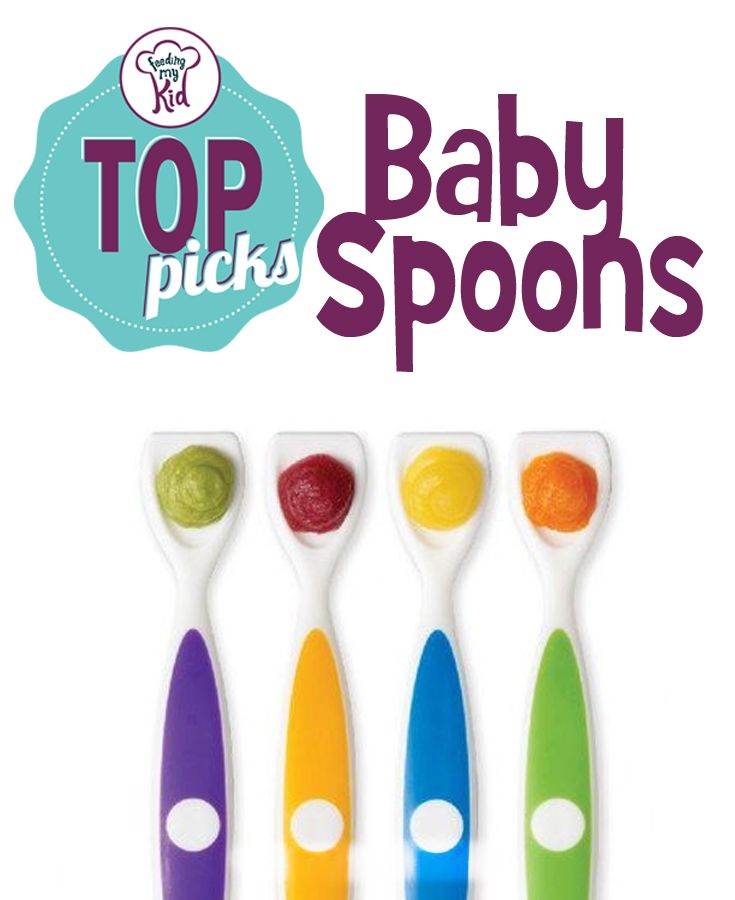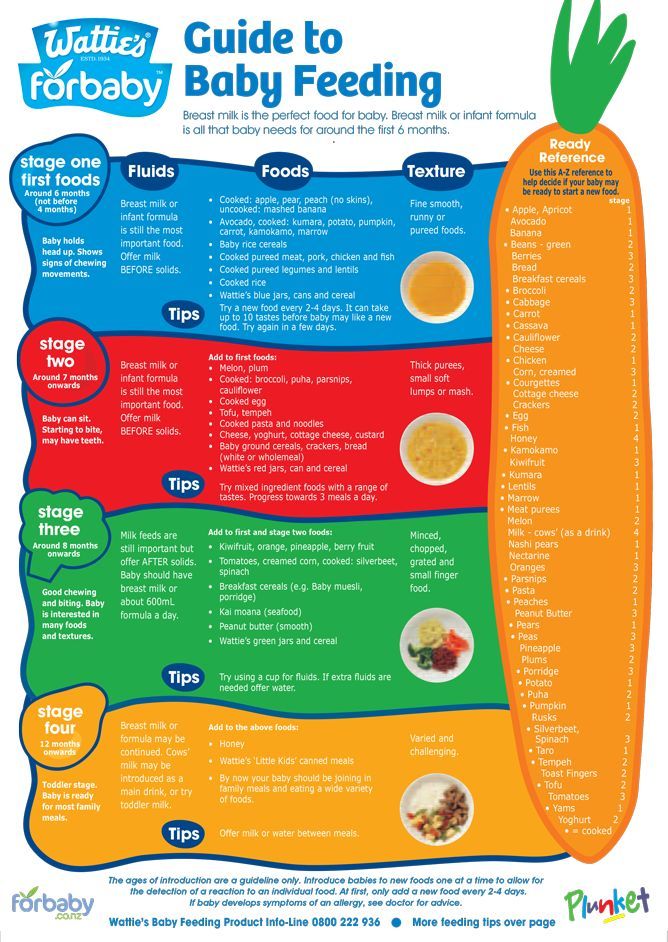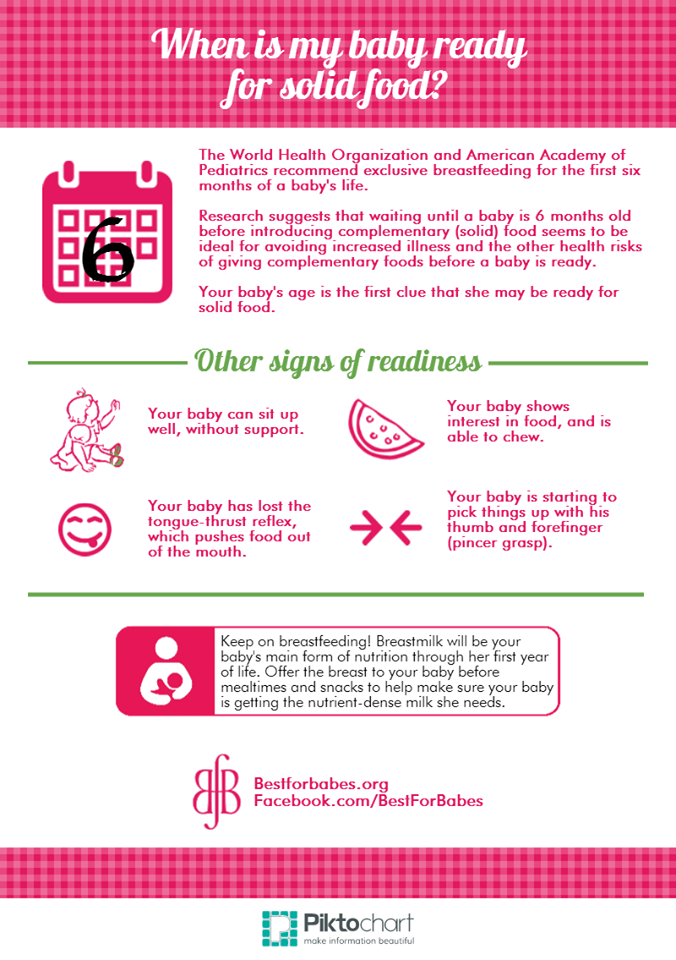Baby not wanting to feed
Causes, Emergency Care, and Treatments
“Poor feeding in infants” is a term used to describe an infant with little interest in feeding. It can also refer to an infant who is not feeding enough to receive the necessary nutrition required for adequate growth.
Poor growth associated with lack of feeding can lead to a separate condition called failure to thrive.
Poor feeding is caused by a variety of factors. It differs from picky eating, in which a baby may reject one form of milk for another or a toddler may refuse certain foods.
No matter the precise cause of poor feeding, undernutrition is a top concern. In fact, the World Health Organization (WHO) estimates that 45 percent of child deaths are related to undernutrition.
It is important not to dismiss poor feeding as something that will improve over time. This is a critical point in your child’s life, and missing key nutrients can lead to physical and cognitive concerns.
One of the most common causes of poor feeding is premature birth. Premature babies are typically poor feeders because they often have not yet developed the skills needed to suck and swallow milk.
Still, feeding usually increases as baby grows. If your little one was born prematurely and still has feeding trouble after leaving the hospital, it’s important to continue following up closely with your pediatrician, particularly if feeding concerns worsen or do not improve.
Other causes include congenital conditions such as jaundice and infections such as viral gastroenteritis. Once these conditions are treated, poor feeding usually subsides.
Serious conditions
Poor feeding can also be caused by serious conditions, such as Beckwith-Wiedemann syndrome. This is an overgrowth syndrome that causes infants to be particularly large and grow at a considerably fast pace. It affects an estimated 1 in 13,700 newborns worldwide.
Other serious conditions include:
- congenital hypothyroidism, which occurs when the thyroid fails to develop or function properly
- other genetic conditions, including Down syndrome
- hypoplastic left heart, a rare condition that occurs when the left side of the heart fails to develop properly and is unable to pump blood to the body
- other heart defects
Less serious conditions
Other causes of poor feeding aren’t related to a congenital condition at all.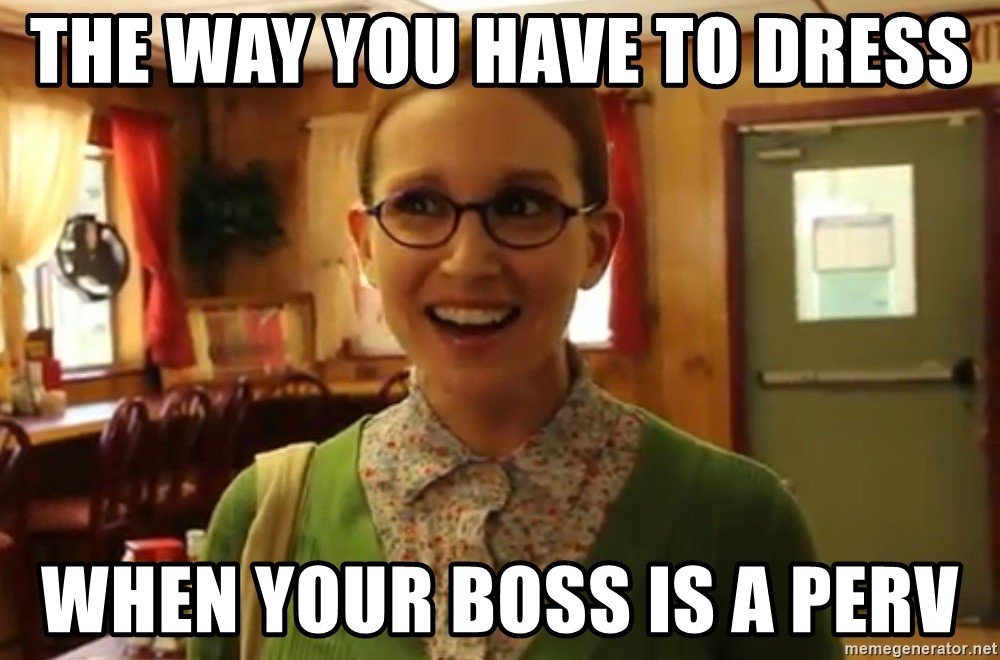 Temporary illnesses can make feeding uncomfortable (and even painful) for infants.
Temporary illnesses can make feeding uncomfortable (and even painful) for infants.
Common ailments that get in the way of feeding include:
- diarrhea
- ear infections
- coughs and colds
- teething
When in doubt, it’s always best to double-check with a pediatrician. You don’t want to assume a minor illness when in fact there could be a serious underlying condition.
Feeding difficulty is a serious matter. When accompanied by other symptoms, emergency care may be required. Seek immediate medical attention if your baby is showing any of the following signs:
- has a fever of over 100°F (37.8°C), an emergency in babies 3 months old and younger
- is vomiting after every feeding
- is vomiting blood
- has a cough with breathing difficulties
- is crying constantly
- has bloody stool
- is wheezing
- is becoming unresponsive to touch
Poor feeding that is caused by an infection will usually stop when the infection is resolved.
Treatment of poor feeding depends on the cause. This can involve changing the feeding schedule to consist of smaller, more frequent meals. If a milk-based intolerance is suspected, your doctor will work closely with you to find a formula and feeding plan that suits your baby.
While serious cases of poor feeding require prompt medical care, other causes can be resolved at home with the advice of a pediatrician.
If your baby is breastfeeding or chestfeeding, try to avoid:
- certain medications that can enter breast milk
- applying lotions and other skin products to your breasts
- high levels of stress — this may also make your milk taste differently
Other considerations may concern formula feeding as well as infants who have started solid foods.
Formula feeding
While breastfeeding is the method of feeding for infants recommended by health agencies such as WHO, it is a fact that not all babies are successful with this method — and not all nursing parents may want or be able to breastfeed.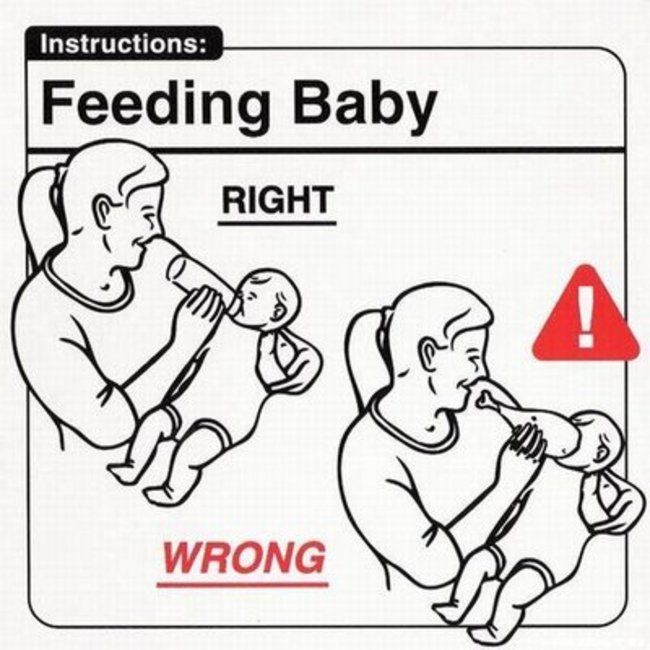
If your baby doesn’t seem to latch on despite repeated attempts, you may consider talking with your doctor about formula feeding. You may still be able to try breastfeeding or chestfeeding, even when supplementing with formula, if you’d like.
The key is that your baby gets adequate nutrition. A lactation consultant may be helpful, if available to you.
“Picky eating”
After baby reaches 6 months of age, your pediatrician may encourage you to introduce solids to their diet. While solids shouldn’t replace breast milk at this phase of your child’s life, most infants require additional nutrients around the 6-month mark.
Examples include:
- rice cereal
- pureed fruits and vegetables
- pureed or soft meats
Introducing solid foods can be exciting for both caregiver and child. However, some infants don’t take to solids as readily as other babies.
This can be alarming, but the issue may be solved by:
- mixing cereal with solid foods
- offering solids in small increments
- only giving solids two to three times per day
- starting with one food at a time, then introducing others as your baby gets used to solids
When an infant doesn’t like solids, it’s easy to jump to the conclusion that they are a “picky eater. ” However, this phase doesn’t usually start until your baby becomes a toddler.
” However, this phase doesn’t usually start until your baby becomes a toddler.
Stress management
When your baby is eating poorly, it’s easy to get stressed out. This is especially true for new parents who may not yet know the distinctions between serious conditions and minor feeding concerns.
Remember that stress can worsen feeding concerns. It may interfere with attempts at feeding if your infant senses something is wrong.
Managing your stress won’t treat all causes of poor feeding, but it can help in many cases.
It’s difficult to find time for yourself during this busy stage of your life — even a few minutes a day can help. When you feel stress coming on during feedings, take a moment for some deep breathing.
Poor feeding in infants can lead to serious issues, such as malnutrition and stunted growth. It is essential that babies consume and digest the necessary nutrients to thrive and develop.
Any infant who is feeding poorly should be taken to a pediatrician for evaluation.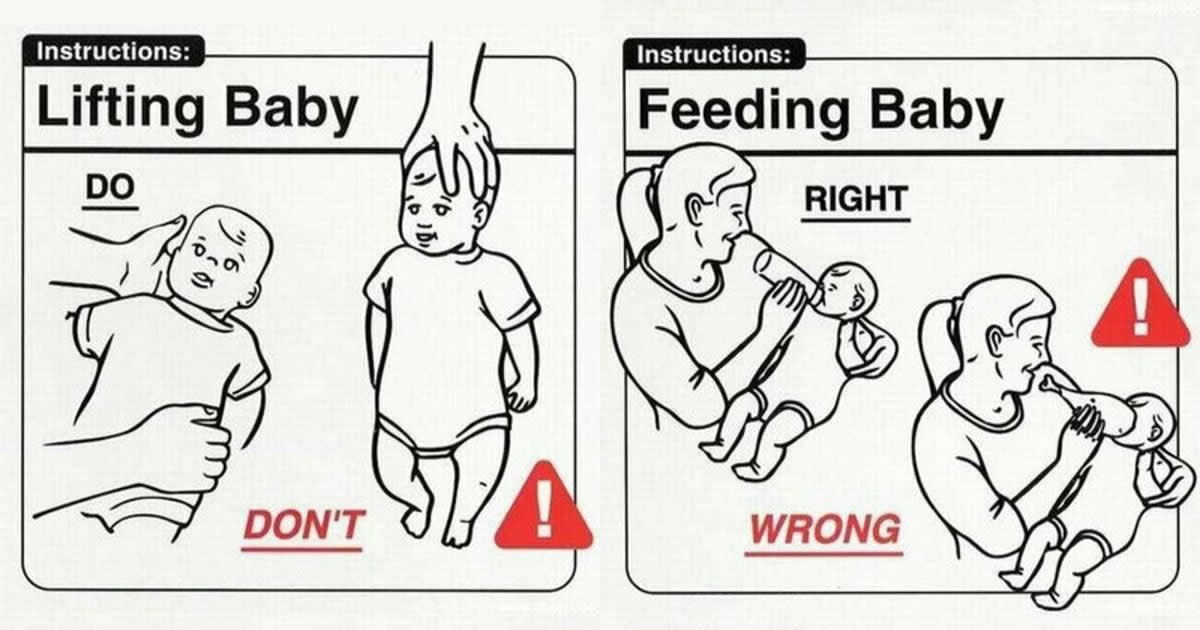 After a proper diagnosis, treatment may be necessary.
After a proper diagnosis, treatment may be necessary.
In other cases, poor feeding can be resolved through refined techniques and perseverance at home. If you suspect feeding difficulties may be causing other concerns, call a doctor right away.
Causes, Emergency Care, and Treatments
“Poor feeding in infants” is a term used to describe an infant with little interest in feeding. It can also refer to an infant who is not feeding enough to receive the necessary nutrition required for adequate growth.
Poor growth associated with lack of feeding can lead to a separate condition called failure to thrive.
Poor feeding is caused by a variety of factors. It differs from picky eating, in which a baby may reject one form of milk for another or a toddler may refuse certain foods.
No matter the precise cause of poor feeding, undernutrition is a top concern. In fact, the World Health Organization (WHO) estimates that 45 percent of child deaths are related to undernutrition.
It is important not to dismiss poor feeding as something that will improve over time. This is a critical point in your child’s life, and missing key nutrients can lead to physical and cognitive concerns.
One of the most common causes of poor feeding is premature birth. Premature babies are typically poor feeders because they often have not yet developed the skills needed to suck and swallow milk.
Still, feeding usually increases as baby grows. If your little one was born prematurely and still has feeding trouble after leaving the hospital, it’s important to continue following up closely with your pediatrician, particularly if feeding concerns worsen or do not improve.
Other causes include congenital conditions such as jaundice and infections such as viral gastroenteritis. Once these conditions are treated, poor feeding usually subsides.
Serious conditions
Poor feeding can also be caused by serious conditions, such as Beckwith-Wiedemann syndrome. This is an overgrowth syndrome that causes infants to be particularly large and grow at a considerably fast pace.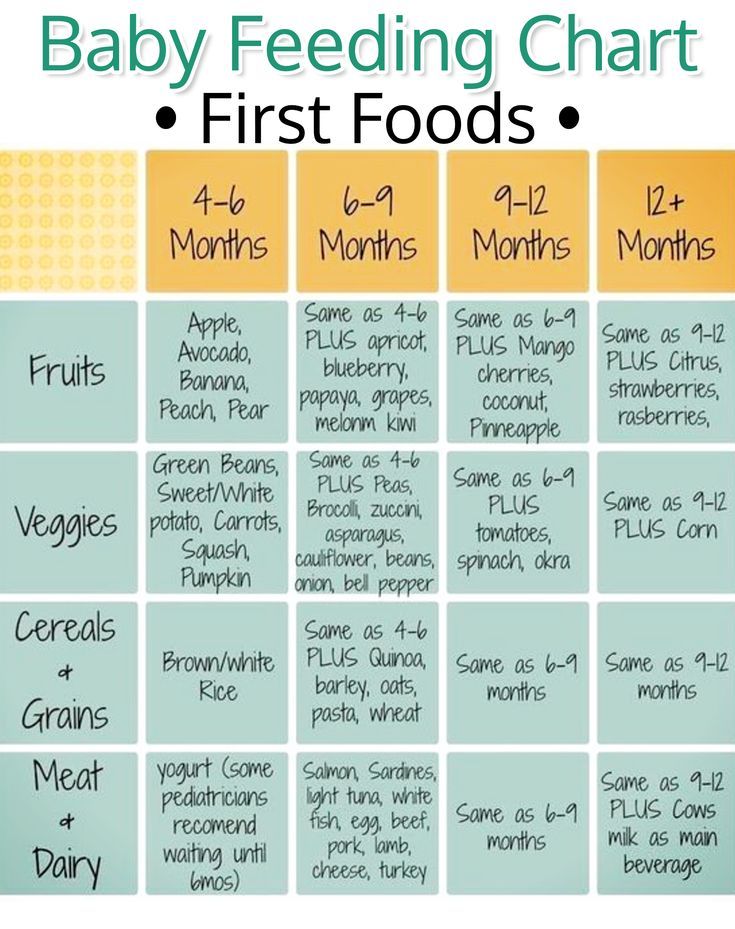 It affects an estimated 1 in 13,700 newborns worldwide.
It affects an estimated 1 in 13,700 newborns worldwide.
Other serious conditions include:
- congenital hypothyroidism, which occurs when the thyroid fails to develop or function properly
- other genetic conditions, including Down syndrome
- hypoplastic left heart, a rare condition that occurs when the left side of the heart fails to develop properly and is unable to pump blood to the body
- other heart defects
Less serious conditions
Other causes of poor feeding aren’t related to a congenital condition at all. Temporary illnesses can make feeding uncomfortable (and even painful) for infants.
Common ailments that get in the way of feeding include:
- diarrhea
- ear infections
- coughs and colds
- teething
When in doubt, it’s always best to double-check with a pediatrician. You don’t want to assume a minor illness when in fact there could be a serious underlying condition.
Feeding difficulty is a serious matter.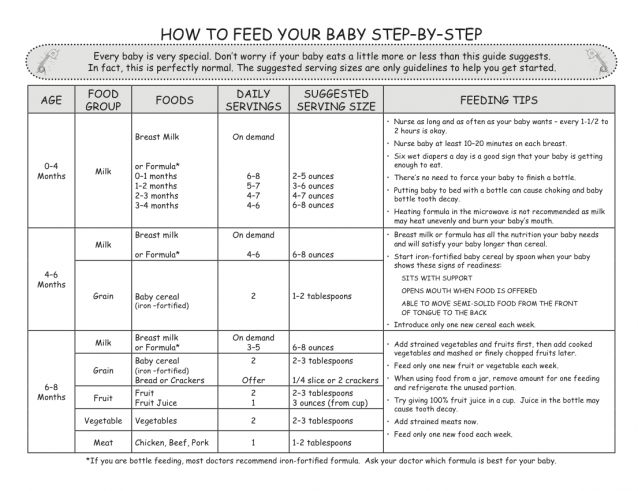 When accompanied by other symptoms, emergency care may be required. Seek immediate medical attention if your baby is showing any of the following signs:
When accompanied by other symptoms, emergency care may be required. Seek immediate medical attention if your baby is showing any of the following signs:
- has a fever of over 100°F (37.8°C), an emergency in babies 3 months old and younger
- is vomiting after every feeding
- is vomiting blood
- has a cough with breathing difficulties
- is crying constantly
- has bloody stool
- is wheezing
- is becoming unresponsive to touch
Poor feeding that is caused by an infection will usually stop when the infection is resolved.
Treatment of poor feeding depends on the cause. This can involve changing the feeding schedule to consist of smaller, more frequent meals. If a milk-based intolerance is suspected, your doctor will work closely with you to find a formula and feeding plan that suits your baby.
While serious cases of poor feeding require prompt medical care, other causes can be resolved at home with the advice of a pediatrician.
If your baby is breastfeeding or chestfeeding, try to avoid:
- certain medications that can enter breast milk
- applying lotions and other skin products to your breasts
- high levels of stress — this may also make your milk taste differently
Other considerations may concern formula feeding as well as infants who have started solid foods.
Formula feeding
While breastfeeding is the method of feeding for infants recommended by health agencies such as WHO, it is a fact that not all babies are successful with this method — and not all nursing parents may want or be able to breastfeed.
If your baby doesn’t seem to latch on despite repeated attempts, you may consider talking with your doctor about formula feeding. You may still be able to try breastfeeding or chestfeeding, even when supplementing with formula, if you’d like.
The key is that your baby gets adequate nutrition. A lactation consultant may be helpful, if available to you.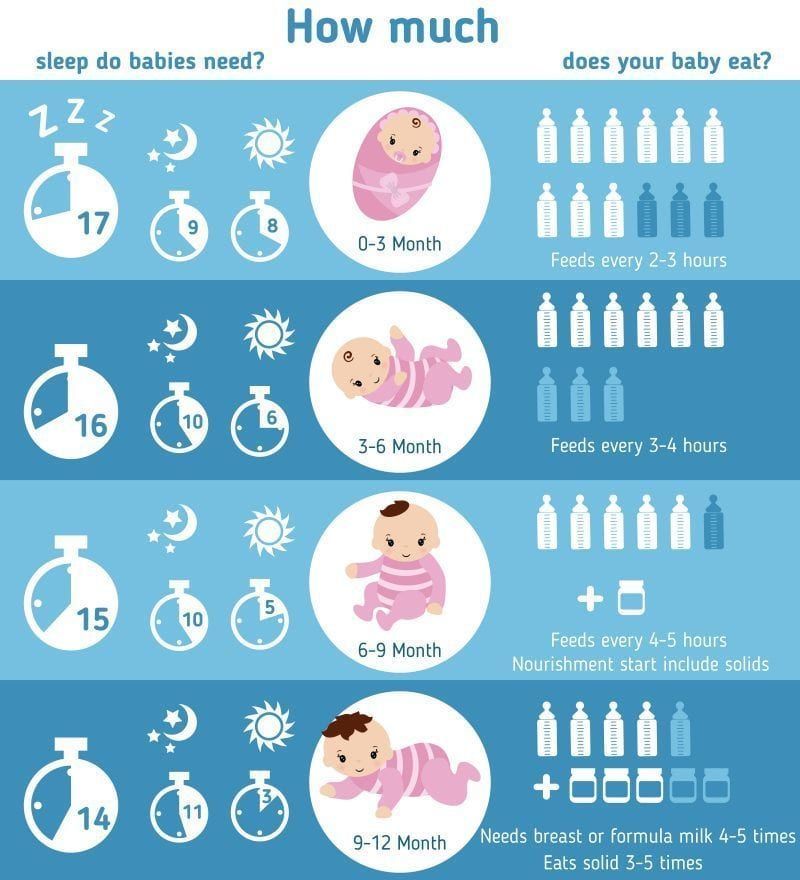
“Picky eating”
After baby reaches 6 months of age, your pediatrician may encourage you to introduce solids to their diet. While solids shouldn’t replace breast milk at this phase of your child’s life, most infants require additional nutrients around the 6-month mark.
Examples include:
- rice cereal
- pureed fruits and vegetables
- pureed or soft meats
Introducing solid foods can be exciting for both caregiver and child. However, some infants don’t take to solids as readily as other babies.
This can be alarming, but the issue may be solved by:
- mixing cereal with solid foods
- offering solids in small increments
- only giving solids two to three times per day
- starting with one food at a time, then introducing others as your baby gets used to solids
When an infant doesn’t like solids, it’s easy to jump to the conclusion that they are a “picky eater.” However, this phase doesn’t usually start until your baby becomes a toddler.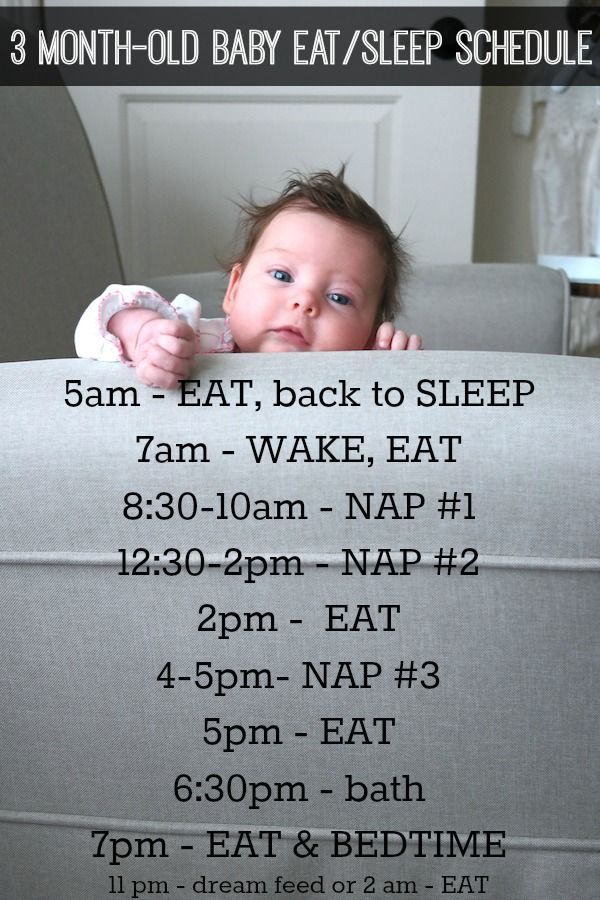
Stress management
When your baby is eating poorly, it’s easy to get stressed out. This is especially true for new parents who may not yet know the distinctions between serious conditions and minor feeding concerns.
Remember that stress can worsen feeding concerns. It may interfere with attempts at feeding if your infant senses something is wrong.
Managing your stress won’t treat all causes of poor feeding, but it can help in many cases.
It’s difficult to find time for yourself during this busy stage of your life — even a few minutes a day can help. When you feel stress coming on during feedings, take a moment for some deep breathing.
Poor feeding in infants can lead to serious issues, such as malnutrition and stunted growth. It is essential that babies consume and digest the necessary nutrients to thrive and develop.
Any infant who is feeding poorly should be taken to a pediatrician for evaluation. After a proper diagnosis, treatment may be necessary.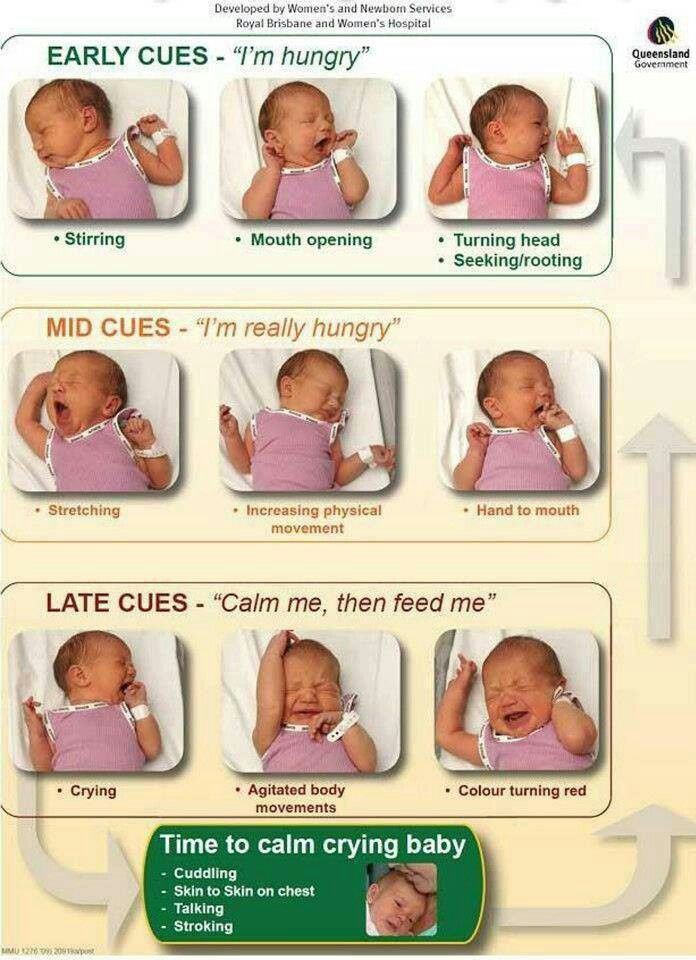
In other cases, poor feeding can be resolved through refined techniques and perseverance at home. If you suspect feeding difficulties may be causing other concerns, call a doctor right away.
If the child does not eat well: what to do and what not to do
What to do if the child does not want to eat.
- Malyusik, well, one more spoon - and that's it! Last! I ate only two, let's have a little more, here's the most delicious piece for you! - says the average mother, offering a spoon with one hand, playing the accordion with the other, showing the trick with the disappearance of the handkerchief with the third, turning the cutlets over with the fourth, while doing somersaults on one leg.
Sound familiar?
Every dad has an instinct to bring home food, and mom has to feed the baby food. And if he refuses to eat, a signal is triggered - "I'm a bad mother" or "the child is sick."
In this case, the most important thing for a parent to understand is whether the child DOES NOT WANT or CANNOT eat?
If the baby is running around, having fun and looking good, without showing any signs of illness, then most likely he does not want to eat. There can be many reasons:
There can be many reasons:
- A breastfeeding child prefers milk and dairy products, intuitively understanding that he needs calcium, and now milk is healthier for him than soup.
- The child wants a cookie, not vegetables.
- He really wasn't hungry. For example, his metabolism is slow, breakfast has not yet been digested, and lunch is already being offered. Or the child was sitting in front of the TV after breakfast and his appetite had not yet had enough time to play out. Compared to the boy next door who was outside all day.
- If a child is not genetically destined to become Uncle Styopa, then he can eat much less than his peer, who has tall parents.
- Psychological problems. If earlier you accidentally gave your child a bitter cucumber, then he may refuse any green food. Or you yell at the child during the meal, and for him the food is perceived as a trauma.
If your child is lively, but at the same time he has a "bad appetite", then this is not his problem, but yours - the psychological problem of an unsatisfied instinct. If a child jumps, jumps, he has healthy nails, hair, etc., think less about what he lacks. Better think about something nice))
If a child jumps, jumps, he has healthy nails, hair, etc., think less about what he lacks. Better think about something nice))
An active child = not a hungry child.
Wait for the natural desire and correctly distribute energy costs - walk more often, send the child to the sports section, or simply say: “If you don’t want to, take a walk, dinner is not earlier than seven and no snacks.” That is, if your child simply does not want to eat, normalize feeding - strictly at a certain time and without snacks. The body will get used to secrete gastric juice strictly according to the schedule.
And one more thing. There are no rules about how much a child should eat. He can eat a kilo (and make you very happy) and 9Send 00 grams to the toilet. Or eat 100 g and learn everything.
But it is much more difficult if the child CANNOT eat.
Causes:
- If you are breastfeeding, you may have “tight breasts”, when it is very difficult for the baby to suck milk.
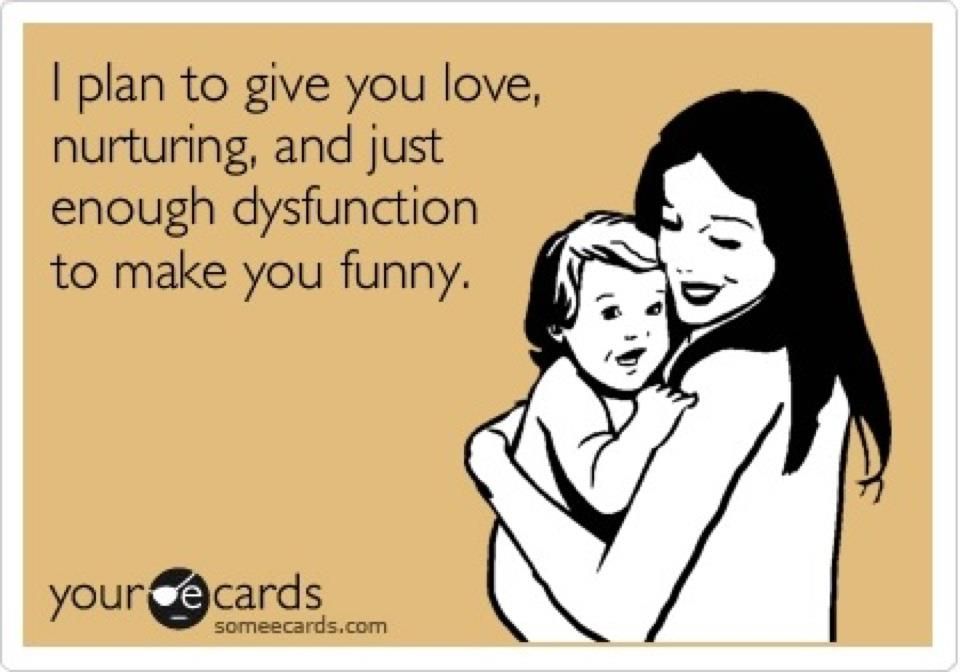
- The child has a runny nose, and when he eats, he begins to choke.
- Food hot, cold, sour, bitter.
- He has sores in his mouth (for example, from toys), and they hurt when food gets on them.
- Teeth are cut, gums hurt.
- Bowel problems. The stomach starts to hurt while eating.
- The child simply fell ill (cold, SARS, poisoning, influenza, etc.). If the child is sick, and he is not dystrophic, then you should not force him to eat. The body fights infections better when it's hungry. But be sure to drink.
If a child at first shows appetite and interest in food, but refuses to eat through a spoon or two, then, most likely, the process of eating causes him certain difficulties.
If the baby CANNOT eat and you can't identify or eliminate the cause, the best thing to do is contact your pediatrician. The doctor will accurately determine the problem and give the necessary recommendations.
Our clinic has a wonderful pediatrician Yuliya Vladimirovna Sinyagina with 17 years of experience! You can sign up to her))
Bon appetit everyone! As well as strength, patience and satisfied instincts!
Back to article list
Nine reasons why a child does not want to eat
Komsomolskaya Pravda
Dom. FamilyMom and babyMom and baby: HealthHealth: parental advice
FamilyMom and babyMom and baby: HealthHealth: parental advice
Anna GERASIMENKO
October 18, 2013 19:10
Small-minded or capricious? Are you afraid or just don't like it? Protests or never been hungry? We are sorting out with a psychologist why children may not have an appetite
- I won’t eat your porridge until you buy me a hundred thousand Barbie dolls! Photo: Mikhail FROLOV
“A spoon for mom, a spoon for dad ... Eat porridge, otherwise you grow up… If you don’t eat, we won’t allow you to watch the cartoon…” With persuasion, threats, tricks, with songs and dances, parents try to feed their kids. Studies show that 20 to 60 percent of preschool and school-age children have nutritional problems. More than half of 4-5-year-olds are considered small-toddlers, and among nine-year-olds, 48 percent of children do not eat well.
Feeding problems in childhood can lead to growth failure, eating disorders, and learning difficulties in the future.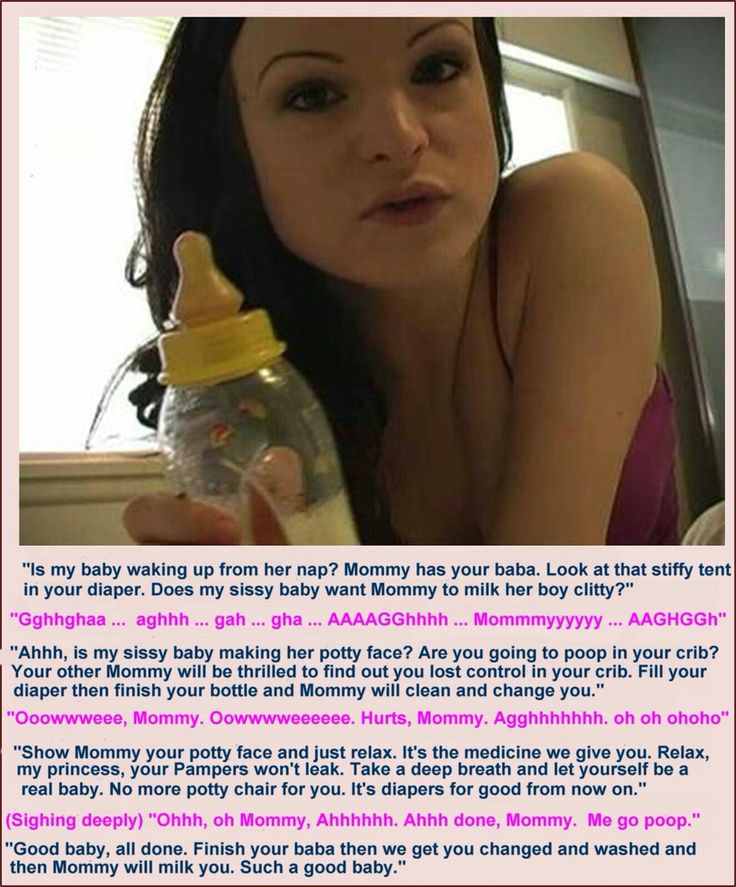 Why don't they eat? Someone doesn’t need much, someone is bored or anxious at the table, someone plays on mom’s nerves like that, and someone can’t do without the help of a neurologist. Together with psychologist Natalya Petrovna GRISHAEVA let's try to figure out what problems can deprive a child of appetite?
Why don't they eat? Someone doesn’t need much, someone is bored or anxious at the table, someone plays on mom’s nerves like that, and someone can’t do without the help of a neurologist. Together with psychologist Natalya Petrovna GRISHAEVA let's try to figure out what problems can deprive a child of appetite?
REASON 1 Classic little baby. He is thin, all in the parents. And he doesn't need a lot of food. WHAT TO DO: Watch your weight, consult a pediatrician and try to "invest" all the necessary vitamins into that small amount of food.
REASON 2 Protest. The most common reason. Even adults express their protest by hunger strike. The subtext is simple - I will die if you do not do what I want. Children have similar blackmail - pay attention to me! But the reasons for the protest may already be different: - The child attracts attention. Perhaps the situation in the family is not easy - mom and dad are arguing, or divorce, or parents are always at work and devote too little time to the child. "I'll stop eating and they'll notice me." - The child in the family is adored and pampered. He is capricious, selfish and used to being able to behave as badly as he likes, they will forgive him anyway. But children have a sense of inner justice. And in the soul, the child wants to be paid attention to his leprosy, so that everything is “like with people” - he was guilty - punished. He knows what disobedience, like refusing to eat, parents will not be able to forgive. - In the family, the heir is treated too strictly or even cruelly. Everything is forbidden to him, he is scolded for everything. How can a child punish a parent? In their own ways - do not sleep, "walk" in your pants or not eat.
"I'll stop eating and they'll notice me." - The child in the family is adored and pampered. He is capricious, selfish and used to being able to behave as badly as he likes, they will forgive him anyway. But children have a sense of inner justice. And in the soul, the child wants to be paid attention to his leprosy, so that everything is “like with people” - he was guilty - punished. He knows what disobedience, like refusing to eat, parents will not be able to forgive. - In the family, the heir is treated too strictly or even cruelly. Everything is forbidden to him, he is scolded for everything. How can a child punish a parent? In their own ways - do not sleep, "walk" in your pants or not eat.
WHAT TO DO: Do not be frightened, do not beg, do not do everything that asks, do not threaten, but figure out why the child is protesting? What's wrong?
REASON 3 The child is not comfortable at the table Maybe he is forced to eat with a knife and fork, or he is constantly scolded for eating ugly or carelessly. Maybe someone at the table is chomping, and it’s just unpleasant for the baby to watch - the appetite disappears. Maybe at the table, mom and dad usually start to sort things out.
Maybe someone at the table is chomping, and it’s just unpleasant for the baby to watch - the appetite disappears. Maybe at the table, mom and dad usually start to sort things out.
WHAT TO DO: Take care of yourself and postpone all quarrels, do not scold the baby when he squishes, but praise him when he holds the fork beautifully. If the baby is uncomfortable eating with someone who is squishing, feed him separately, it's okay. And do not scold the little one if it gets wet or dirty - it’s better to put an apron on the eater in advance, cover your knees with a napkin - let him enjoy the taste of food without worrying about the rules of etiquette yet.
REASON 4 I'm used to eating with amusements While a child picks pasta in a plate, dramas and comedies are played out at the table by mom-dad, grandparents. Songs, dances, puppet theater, cutlets are drawn on the board and crossed out with each bitten piece. The child gets used to being entertained, and simply eating is no longer interesting for him. The same with cartoons. Of course, it is easier for parents when a child, having looked at the TV, crushes everything without looking. For children, the process of eating may seem boring - you have to sit, you have to try to wield spoons and forks, it seems to them that they are just wasting time, and it is much more fun to “spend” it with cartoons.
The same with cartoons. Of course, it is easier for parents when a child, having looked at the TV, crushes everything without looking. For children, the process of eating may seem boring - you have to sit, you have to try to wield spoons and forks, it seems to them that they are just wasting time, and it is much more fun to “spend” it with cartoons.
WHAT TO DO: Do not distract from food and do not eat in front of the TV. It is better to chat during lunch or dinner, come up with a ritual, for example, you tell each other about your best moments of the day at the table, or give each other advice. Doctors are sure that it is important not to be distracted from food so that it is properly digested, and you get all the energy you need.
REASON 5 Fear As a rule, these are neurotic reactions caused by some events that frightened the child while eating. For example, a fish bone is stuck in the throat or the baby vomited when he ate something, etc. The child may not remember what exactly scared him, but the “sediment” remained. WHAT TO DO: Do not force, do not shame, do not scold. Understand, look for the cause. And then, it is desirable to get rid of fear together with a psychoneurologist.
The child may not remember what exactly scared him, but the “sediment” remained. WHAT TO DO: Do not force, do not shame, do not scold. Understand, look for the cause. And then, it is desirable to get rid of fear together with a psychoneurologist.
REASON 6 Not tasty Such children are called capricious, but perhaps they eat only the usual food - pasta and sausages or potatoes and chicken... Arriving at a hotel or visiting someone, the baby does not find his own food and can refuse any other. WHAT TO DO: Try to regularly introduce your baby to new products from childhood. Do not bring sausages with you to visit, look for a compromise. Patient and playful. Invite your child to look in the refrigerator and choose their own food. He doesn’t like vegetables - make soup puree, try to cut out figures from cucumbers and carrots, fruits can be turned into cocktails, come up with funny names for everything, involve even the smallest gourmet in cooking.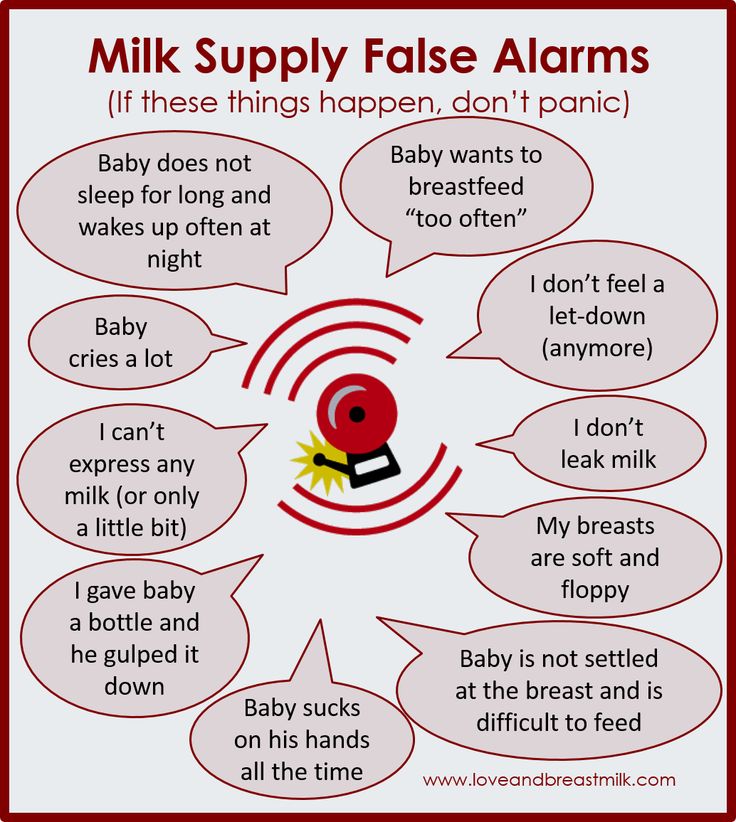 Very often, children agree to try a new unfamiliar dish at a party, when everyone else eats it with appetite.
Very often, children agree to try a new unfamiliar dish at a party, when everyone else eats it with appetite.
REASON 7 Doesn't eat to please mother. For example, it’s time for mom to go to work, but she doesn’t want to, and she says this: “I can’t send Petya to kindergarten, he DOES NOT EAT ANYTHING, I will have to sit at home with him.” And Petya shakes his mustache and does not eat, as his mother “programmed”. Or another option - the mother wants to show everyone that her child is special. WHAT TO DO: Parents to deal with their own fears and complexes.
REASON 8 In the family, the cult of food Meals in your house are given too much importance. Mom cooks dinner, and this is an event. Did the child not eat? Catastrophe! Ate? Happiness! The kid quickly realizes that since food is so important, he can control his parents with the help of ate or did not eat. WHAT TO DO: Do not pay so much attention to whether the child is full or not, do not turn lunches and dinners into events. Snack on the road, sometimes skip meals, like all normal people.
Snack on the road, sometimes skip meals, like all normal people.
REASON 9 Never been hungry The child does not understand that food can bring joy, he was never hungry, did not wait for dinner, did not dream of soup, because his parents constantly push food into him before he gets hungry. WHAT TO DO : Try not to feed the baby. Accept his food refusals. Wait until he asks for food. Or create an unexpected situation - an empty refrigerator, there is nothing to cook for dinner. There is only, for example, potatoes. The child will want to eat and learn to appreciate the simplest dishes.
Age category of the site 18+
The online edition (website) is registered by Roskomnadzor, certificate El No. FS77-80505 dated March 15, 2021.
I.O. EDITOR-IN-CHIEF OF THE SITE - KANSKY VICTOR FYODOROVICH.
THE AUTHOR OF THE MODERN VERSION OF THE EDITION IS SUNGORKIN VLADIMIR NIKOLAEVICH.
Messages and comments from site readers are posted without preliminary editing.